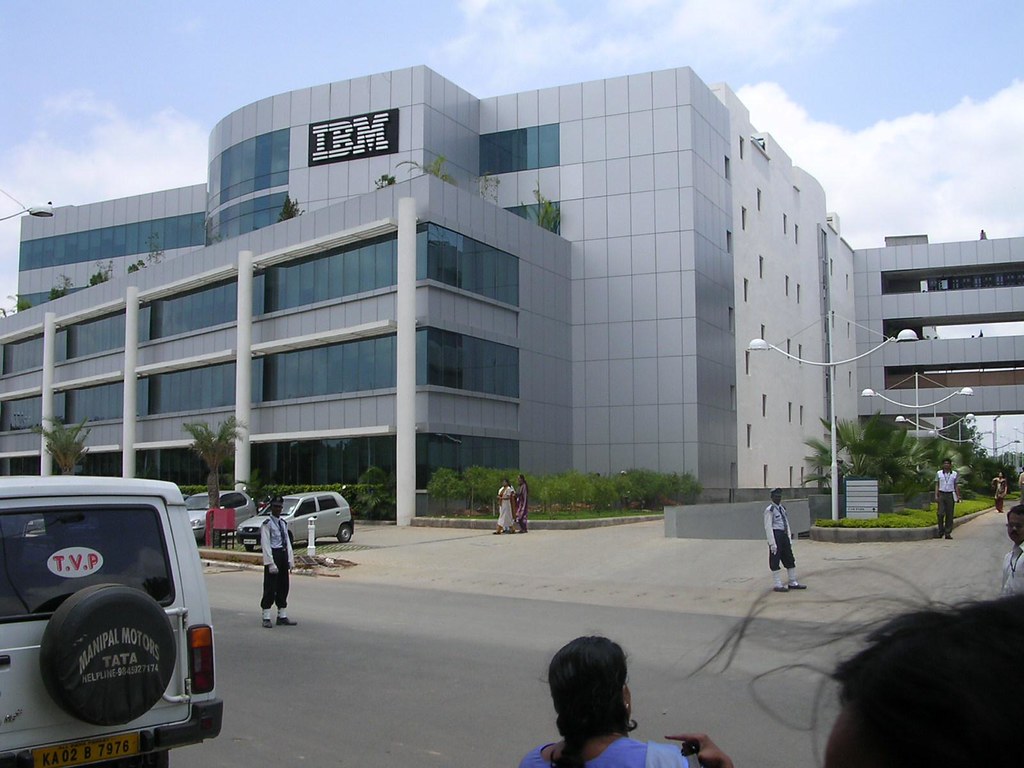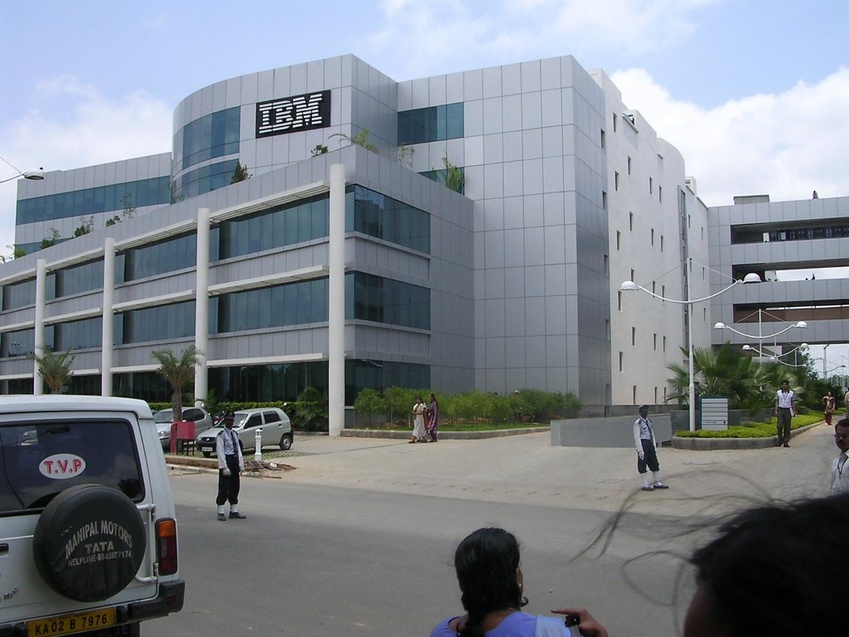Over the next 30 years, urbanization is expected to continue expanding globally. According to UN Habitat, the percentage of people living in cities will rise from 56% in 2021 to 68% by 2050. While this trend presents numerous challenges for city governments, services, and communities, it also creates opportunities to drive social innovation and strengthen urban economies.
Advanced technology solutions, powered by AI and data, can provide targeted insights to ensure resources are allocated efficiently. This represents a crucial call to action—leveraging AI to optimize decision-making and enhance urban sustainability.
At the start of 2024, in alignment with the United Nations Sustainable Development Goal 11, IBM launched a request for proposals (RFP) aimed at making cities safer, more resilient, and more sustainable. From over 100 applications, five organizations were chosen to join the IBM Sustainability Accelerator, where they will work alongside IBM experts to develop AI-driven solutions that address critical urban challenges. These organizations were selected based on their strong community impact and innovative approaches to applying AI for urban resilience.
Advanced technology solutions, powered by AI and data, can provide targeted insights to ensure resources are allocated efficiently. This represents a crucial call to action—leveraging AI to optimize decision-making and enhance urban sustainability.
At the start of 2024, in alignment with the United Nations Sustainable Development Goal 11, IBM launched a request for proposals (RFP) aimed at making cities safer, more resilient, and more sustainable. From over 100 applications, five organizations were chosen to join the IBM Sustainability Accelerator, where they will work alongside IBM experts to develop AI-driven solutions that address critical urban challenges. These organizations were selected based on their strong community impact and innovative approaches to applying AI for urban resilience.
- C40 Cities: IBM is partnering with C40 Cities, a global network of nearly 100 mayors, to develop an AI-powered tool that assesses risks associated with extreme heat and the urban heat island effect. The solution aims to help cities address energy strain, public health risks, and socioeconomic disparities by formulating effective adaptation strategies. This initiative is further supported by the Global Covenant of Mayors for Climate and Energy and the Group on Earth Observations.
- U.N. World Food Programme: In collaboration with World Food Program USA, IBM is enhancing WFP’s "GeoTar" geospatial tool with AI-driven capabilities. GeoTar generates vulnerability maps to improve decision-making in food distribution, particularly in areas impacted by environmental disasters like droughts and floods. This initiative aims to strengthen food security and combat global hunger more effectively.
- Mass General Brigham: IBM is working with Mass General Brigham to develop an AI-based healthcare tool designed to predict extreme heat events at a hyperlocal level. The tool will identify at-risk patients, send automated warnings, and provide resource recommendations to mitigate health risks. Initially deployed in Mass General Brigham hospitals, the tool will incorporate security measures to protect patient information.
- Janaagraha Centre for Citizenship and Democracy: IBM is collaborating with this nonprofit organization to create a city data and analytics platform for Indian governments. By consolidating city-level data, the platform will facilitate data-driven decision-making, improving urban service delivery and sustainable development. Additionally, it will enhance governance by integrating environmental and socioeconomic data to support transparency and interoperability.
- Kota Kita: IBM is joining forces with Kota Kita, an organization focused on equitable and sustainable urban development, to build AI models that assess and respond to climate stress in Samarinda, Indonesia. These models will consider factors such as natural disasters, demographic growth, and access to clean water, aiming to develop resilience strategies that mitigate risks for local communities.
The IBM Sustainability Accelerator is a social innovation initiative that applies IBM’s hybrid cloud and AI technologies, along with expert collaboration, to scale nonprofit and governmental projects with economic and environmental impact. The program unfolds in two phases: the IBM Garage phase, which accelerates digital transformation, and the Development and Implementation phase, where IBM experts tailor technology solutions to project goals.
Additionally, EY teams will provide workshops and coaching to support the organizations in this cohort, helping them advance their mission of fostering sustainable and resilient cities.
Since its inception, the IBM Sustainability Accelerator has supported 20 organizations, committing $45 million toward initiatives that assist vulnerable populations worldwide. As of last year, IBM’s efforts in sustainable agriculture had directly benefited around 65,300 individuals, with an estimated 1.1 million more expected to benefit from clean energy projects. The resilient cities cohort is anticipated to positively impact thousands more across the globe.
IBM remains committed to harnessing AI’s potential to tackle urban challenges, empowering both people and organizations to create thriving, sustainable cities. Those interested in applying for the latest RFP on AI for Sustainable Consumption and Production are encouraged to participate.
Click here to apply for the program.
Additionally, EY teams will provide workshops and coaching to support the organizations in this cohort, helping them advance their mission of fostering sustainable and resilient cities.
Since its inception, the IBM Sustainability Accelerator has supported 20 organizations, committing $45 million toward initiatives that assist vulnerable populations worldwide. As of last year, IBM’s efforts in sustainable agriculture had directly benefited around 65,300 individuals, with an estimated 1.1 million more expected to benefit from clean energy projects. The resilient cities cohort is anticipated to positively impact thousands more across the globe.
IBM remains committed to harnessing AI’s potential to tackle urban challenges, empowering both people and organizations to create thriving, sustainable cities. Those interested in applying for the latest RFP on AI for Sustainable Consumption and Production are encouraged to participate.
Click here to apply for the program.


 IBM Sustainability Accelerator: AI Solutions for Resilient Cities
IBM Sustainability Accelerator: AI Solutions for Resilient Cities





 Companies
Companies